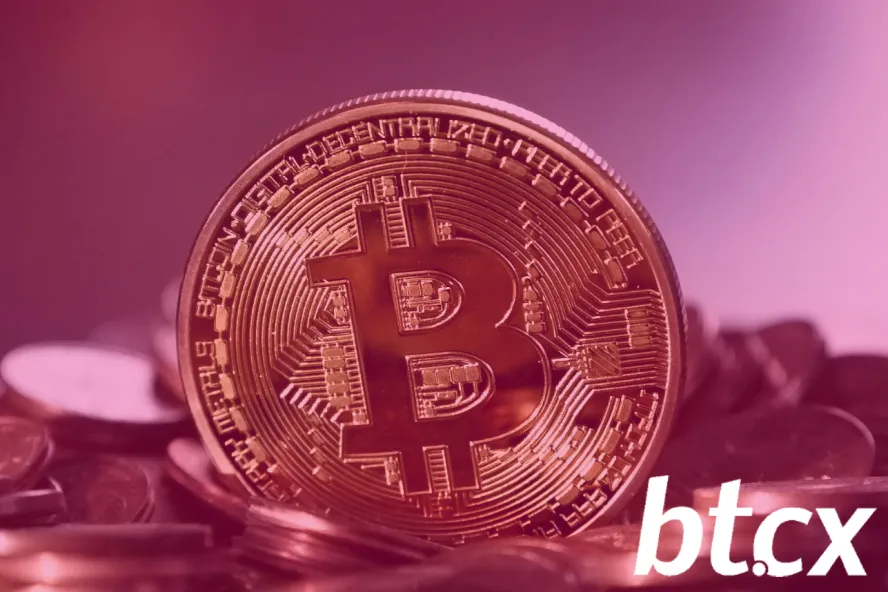
Bitcoin is a digital currency that allows you to send and receive money over the internet. Unlike regular money, which is printed by central banks, bitcoin only exists digitally.
It uses a special technology called blockchain, which is an open ledger where all transactions are stored. All of this happens with the help of encrypted keys that ensure only you can send your money.
How does bitcoin work?
Bitcoin operates through a network of computers called nodes. When someone wants to send bitcoin, a transaction is created. Here are the steps a bitcoin transaction goes through:
- Transaction creation: You decide how much bitcoin you want to send and enter the recipient's address.
- Verification: The transaction is sent to the network of computers, which checks that you have enough bitcoin and that you are not trying to use the same bitcoin twice.
- Mining and block: Once the transaction is verified, it is grouped with other transactions and becomes part of a block. People with special computers, called miners, compete to add this block to the chain approximately every ten minutes.
- Blockchain update: The block containing your transaction is added to the large blockchain, which is a digital history book of all transactions ever made.
- Transaction completion: Once the block is added, no one can change the transaction, and it is now complete and secured in the blockchain.
When did Bitcoin start?
Bitcoin was launched in 2009 by a person or group using the pseudonym Satoshi Nakamoto. This happened after a document was published in 2008 describing how bitcoin would work as a digital payment system without intermediaries.
btc Bitcoin spot price
The value of Bitcoin?
The value of Bitcoin is determined by market demand and supply. There is a maximum number of 21 million bitcoins, which means that new bitcoins cannot be created after that. This often leads to Bitcoin being compared to gold – it is limited and can, therefore, become more valuable over time. However, its value can fluctuate significantly, so it's good to keep track of the current price ( ).
How to store Bitcoin?
To store bitcoin, you need a bitcoin wallet. This is a digital wallet consisting of a public and private key. The public key acts as your address, and the private key is like a password. The wallet does not physically store your bitcoins but shows where they are in the blockchain. It's important to keep your private key secure, as it is what gives you access to your bitcoin.
How many bitcoins are there?
The maximum number of bitcoins that can be created is 21 million. This number was set in the original document that Bitcoin is based on, and right now, about 19 million bitcoins have already been created.
Is Bitcoin legal?
Yes, in Sweden, it is legal to buy, sell, and use Bitcoin. However, there are certain regulatory laws, especially concerning taxation and money laundering, that are important to be aware of.
Where can you use Bitcoin?
Many companies accept Bitcoin as payment, both online and in physical stores. For example, you can use Bitcoin to purchase products or pay for services at cafes and restaurants that accept it. It is also a popular choice for international transfers because it is fast and inexpensive.
Where can you buy Bitcoin?
You can easily buy Bitcoin via BTCX, a secure and reliable Swedish service. BTCX offers two options: BTCX Express, where you can buy Bitcoin without creating an account, and Standard BTCX, where you can buy unlimited amounts of Bitcoin after registering. Both options use BankID to secure your transactions.